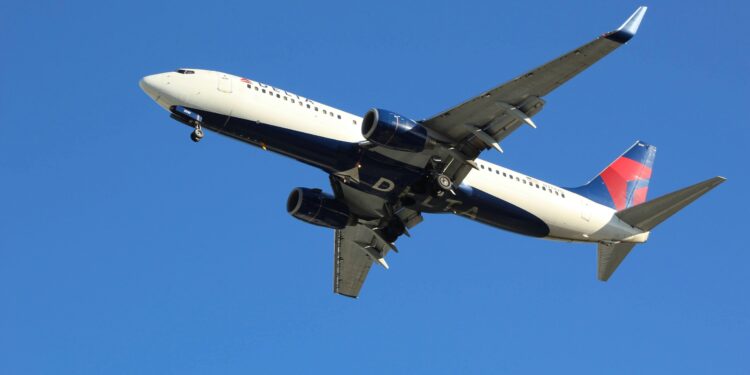Union’s 33,000 members to vote on deal offering 25% wage increase over four years as CEO Ortberg faces first major test
Boeing’s (BA) workforce is at a pivotal moment, as over 33,000 unionized employees vote on a new labor contract. The decision, expected on Thursday, comes as the current agreement nears its expiration, setting the stage for a potential strike that could severely impact the plane maker’s operations. This vote represents the first significant labor challenge for Boeing’s new CEO, Kelly Ortberg, who took the helm just over a month ago.
The tentative agreement, reached earlier this week between Boeing and the International Association of Machinists and Aerospace Workers (IAM), proposes a 25% wage increase over four years. It also includes enhancements to health-care and retirement benefits. These wage gains are substantial, but less than the 40% raises initially sought by the union. Nonetheless, union leadership recommended the offer to its members, citing the difficulties of securing more through a strike.
“If approved, the deal would bring top hourly pay for machinists to $57.43 and increase annual machinist salaries from $75,608 to over $106,350 by the contract’s end,” said Jon Holden, IAM District 751 President. Additionally, cost-of-living adjustments could result in more than 42% pay growth for some workers.
The deal comes at a crucial time for Boeing, which is focused on ramping up production after a challenging few years. The company has faced safety and quality issues, including a door-panel blowout earlier this year, which added to the reputational and operational difficulties following the 737 MAX crisis. Ortberg, in his role as CEO, has been tasked with addressing these issues while steering the company toward recovery.
“I understand and respect the passion behind the reaction to our tentative agreement,” Ortberg said in a staff memo. “But I urge you not to let frustrations of the past lead to decisions that jeopardize our future. We need to secure our future together.”
The contract vote draws comparisons to recent labor negotiations across industries, including last year’s United Auto Workers (UAW) agreements with Ford, General Motors, and Stellantis, which also saw substantial wage increases. This new Boeing agreement, if passed, would follow the trend of union-led pay hikes seen in sectors ranging from Hollywood to airlines.
However, if the workers reject the deal, Boeing could face a crippling strike. For the contract to be rejected and for workers to strike, two-thirds of the union’s members must vote in favor of a walkout. If the vote falls short of that threshold, the contract will automatically go into effect. In the event of a strike vote, work would stop after midnight on Friday in Washington, potentially delaying production schedules and further straining Boeing’s efforts to stabilize.
“For Boeing, it is no secret that our business is in a difficult period, in part due to our own mistakes in the past,” Ortberg admitted in his memo. “A strike would damage our shared recovery and our relationships with customers.”
As Boeing seeks to regain its footing in the global aviation market, this labor decision could play a decisive role in shaping the company’s future and its ability to maintain production goals. For workers, the vote reflects the broader labor movement’s push for better wages and benefits across industries. All eyes are now on the union members’ decision, which could either solidify a path forward or result in one of the most significant strikes in Boeing’s recent history.
You might like this article:Tesla Poised to Reshape Multiple Industries: From Robotaxis to Humanoid Robots











